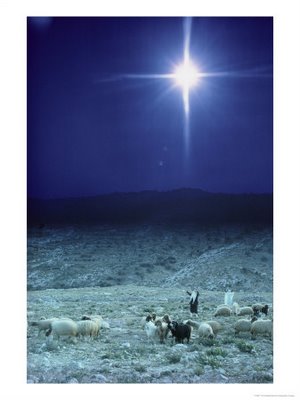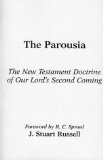|
America's Founding Fathers did not believe in the most popular theological idea of our generation: "The Rapture." They were not consumed with the idea that Jesus was coming again "at any moment." As a result, they were future-oriented, and desired to create a social structure that would last for centuries. The motto they placed on the Great Seal of the United States was Novus Ordo Seclorum "A New Order for the Ages" A social order based on "the Consent of the Governed," not the whim of the king. A Paradigm ShiftYou hear that phrase thrown around a lot these days. Everybody wants their idea to be the next "paradigm shift." Paradigm-shifters are now mainstream. We believe Vine & Fig Tree represents a true break with the status quo, a change as momentous as that described by Benjamin Rush, Signer of the Declaration of Independence, upon hearing of Locke's rejection of the doctrine of the Divine Right of Kings:
Vine & Fig Tree really is a new "paradigm," a "Copernican revolution," a radical way of looking at politics and society. It is one step beyond the radical vision that motivated America's Founding Fathers. It is a vision so old that it appears to be utterly unprecedented. The vision of Vine & Fig Tree gives energy and hope to those who work for it. It inspires dedicated action.
I am convinced that Vine & Fig Tree will contribute to the Glory of God and the greater happiness of mankind. It will animate future leaders and captivate the hearts and minds of many. This is all a delusion, however, if Jesus is "coming soon" to melt down the planet in a nuclear Armageddon. Is this really "The Late, Great Planet Earth?" (The title of the most popular-selling Christian book of the 1970's). Does this planet have a future? Is peace possible? |
|
Is Peace on Earth possible? If you think so, many people will call you an "unrealistic" "utopian." They will say you're just not taking into consideration "the depravity of man." For many people, "realism" = pessimism. And for 100 million evangelical Americans, God has predestined life to get worse and worse. Wars will inevitably increase. Totalitarian military dictatorship and tribulation are inevitable. God's experiment of putting human beings on earth to cultivate the Garden and build a New Jerusalem will end with complete failure. Jesus will end it all by coming again, in the cosmic equivalent of "If it's your football and you're losing the game, just take your football and go home." One of the most popular objections to undertaking the task of abolishing an atheistic dictatorship by working to persuade archists to repent (resign) is the belief that Christ is going to return "any day now," and "you don't polish brass on a sinking ship." Christians are soon going to be "raptured," many believe, so why work against the tyranny of "The New World Order" or invest energy in a defense of "Liberty Under God?" This entire theological edifice, and the millions of people believing it, did not exist in 1776. No theologian was preaching "the Rapture" in 1776. America's Founders felt comfortable proclaiming their creation of a "Novus Ordo Seclorum," a New Order to last for Ages. According to the U.S. Dept. of Treasury, the motto on the Great Seal "signifies a new American era" that "will always grow, improve and build." This optimism has virtually disappeared in the 21st century. The final book assigned for reading in our Samuel Adams Coaching Program will be a book that refutes modern "pessimillennialism" and restores optimism and confidence in God's ability to achieve His goals. This book will give us courage to be Peacemakers. This book will become one of the most important books in Western Civilization because it will prevent the plunge into pessimism and nihilism that threatens to bring down Western Civilization itself. We are searching diligently for this book. In the meantime, We are going to assign the reading of an 1876 book entitled The Parousia: "Parousia" is the Greek word used for "second coming." This book is simply a catalog of all New Testament prophecies concerning "the second coming." The result of looking at all the evidence will be a "paradigm shift." We admit that this book is not yet one of the most important books in American history or the history of Western Civilization. What we believe is that the idea that Christians should not be a "city upon a hill," a "light unto the world," or "the salt of the earth," and should allow Satan to rule or destroy the world, is an idea that has already done much to undo everything George Washington and the Founding Fathers worked for, as well as all that Calvin and Augustine worked for. It is, in fact, turning over the City of God and the Kingdom of Christ to the city of man and the kingdom of Satan. In other words, one of the most important ideas in the history of Western Civilization is the refutation of the idea that Western Civilization --Christian Civilization -- is not worth perpetuating. |

 The
The 
